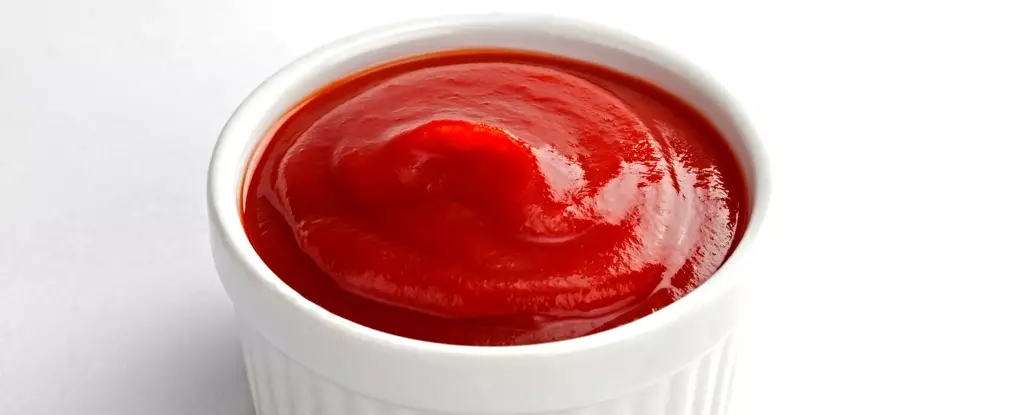In the world of endurance sports, athletes are constantly on the lookout for the ideal fuel to optimize their performance. Traditional energy gels have long been the go-to choice, but a surprising contender has recently emerged: Heinz ketchup packets. In a new ad campaign featuring runners using these condiment packets as their supplement of choice, Heinz highlights the taste factor as a crucial consideration when choosing the right fuel. While taste is undeniably important, there are several key factors to consider when evaluating Heinz ketchup as a sports supplement.
Endurance athletes rely heavily on carbohydrates for sustained energy during prolonged activities. Carbs are the body’s primary energy source, especially during intense workouts, and Heinz ketchup does contain carbohydrates primarily in the form of sugar from the tomatoes. While having a readily available option like ketchup packets may offer a quick energy boost during training or competition, practicality becomes a limiting factor.
For workouts lasting less than an hour, using ketchup packets as a source of carbohydrates might suffice. However, standard energy gels typically contain around 25g of carbs, whereas athletes engaging in longer exercises are recommended to consume 30-60g of carbs per hour. With each 10ml packet of ketchup only providing 2.6g of carbohydrates, runners would need about 12 ketchup packets per hour to meet the lower end of this range. This raises questions about the real-world applicability of ketchup as a sports supplement. Opening and consuming multiple ketchup packets on the go can prove to be an awkward and distracting task, potentially detracting from an athlete’s focus and efficiency.
Sports gels often contain added electrolytes such as sodium, potassium, and magnesium. These electrolytes are crucial for replenishing what is lost through sweat during exercise, preventing dehydration and muscle cramping. While Heinz ketchup does contain some electrolytes due to its salt content, it lacks the scientifically formulated electrolyte balance found in sports gels, making them a preferred choice for athletes.
Ketchup is also highly acidic due to the tomatoes and vinegar it contains. This acidity may trigger heartburn and acid reflux, diverting an athlete’s focus from peak performance. Furthermore, the combination of sugars and acid in ketchup can also pose a threat to dental health, which is often overlooked by athletes. Sticky sauces like ketchup can cling to teeth and contribute to dental issues.
On a positive note, tomatoes, the main ingredient in Heinz ketchup, contain compounds like lycopene and carotenoids. These antioxidants have been shown to reduce markers of muscle damage after endurance exercise, potentially aiding in recovery. However, it is important to note that consuming enough of these beneficial compounds solely from ketchup seems impractical.
While occasional consumption of ketchup packets as a sports supplement is unlikely to hinder performance, it is also not likely to provide significant benefits. As a sports nutritionist, my advice to those considering using Heinz ketchup in their training regimen is to experiment with it before incorporating it into any important competitions. Testing its compatibility with your body and performance goals ensures that you are making informed choices about your fueling strategies.
In the quest for the perfect endurance sports fuel, athletes should carefully consider the practicality, nutritional value, and potential drawbacks of any supplement. While Heinz ketchup may offer a familiar taste and some carbohydrates, its drawbacks in terms of logistics, lack of precise electrolyte balance, acidity, and dental health risks suggest that there are better options available. It is always recommended to consult with a sports nutritionist and experiment with different fueling strategies to find what works best for you.


Leave a Reply